When most people hear the term “recession” it strikes fear into their hearts. For consumers, they ask things like: “What is going to happen to the value of my home?” “Is there a housing bubble?” “Is the housing market going to crash?” “What’s going to happen to rates?” “Is it worth buying a home during a recession?” Well, let’s take a look at what a recession typically means for the housing market.
During a recession, interest rates decline. There are a few key factors that help this along. You have supply chain loosening. As supply chains loosen, they help to bring inflation down. As Federal Reserve rate hikes start to take hold, it gives people incentive to save and take money out of the economy. This yields less inflation. It also leads to less demand which means there’s less spending, therefore inflation will decline.
If the supply chain loosens up in housing, then there will be more inventory. This will mean slower appreciation, but more transactions. This would also mean more refinances. If you are in the market for a new loan today, there might be a possibility for a refinance in the future. So, it may be wise to not pay any points or additional fees.
Historically, home prices have generally held up during recessionary periods. Yes, during the housing bubble around 2007 it was a different story. During the 2008-2009 recession home prices did fall, but that was due to the tremendous oversupply of inventory and weaker levels of demand. Currently, we are nowhere near those inventory levels and demand is at an all-time high. There are actually 12 million more household formations than there were in 2007. Because of this dynamic, we are not in a position for home price erosion.
By: Jon Iacono
